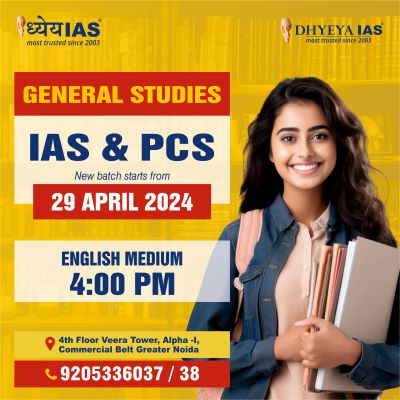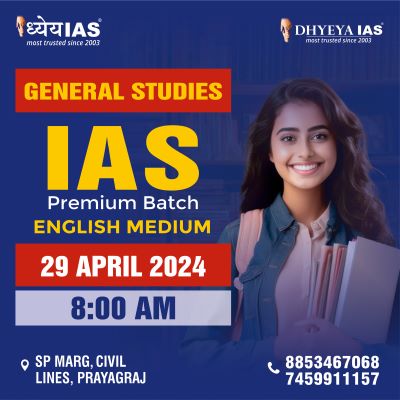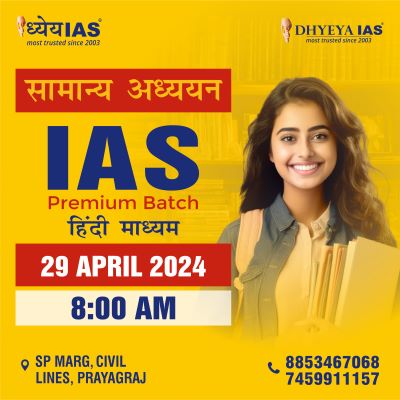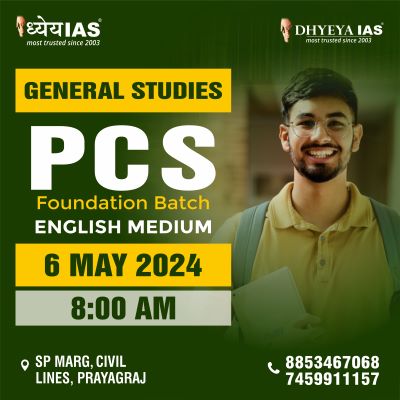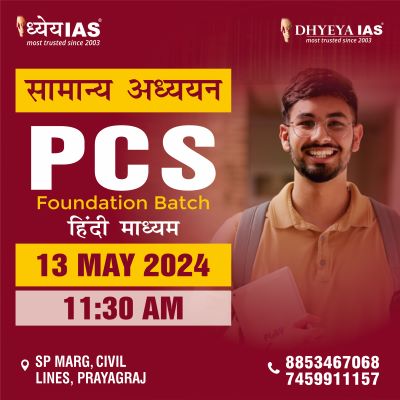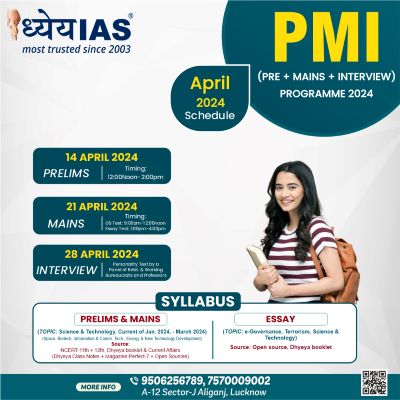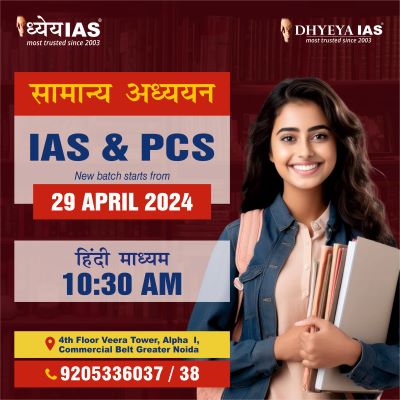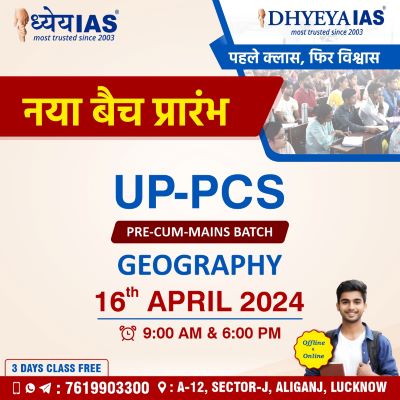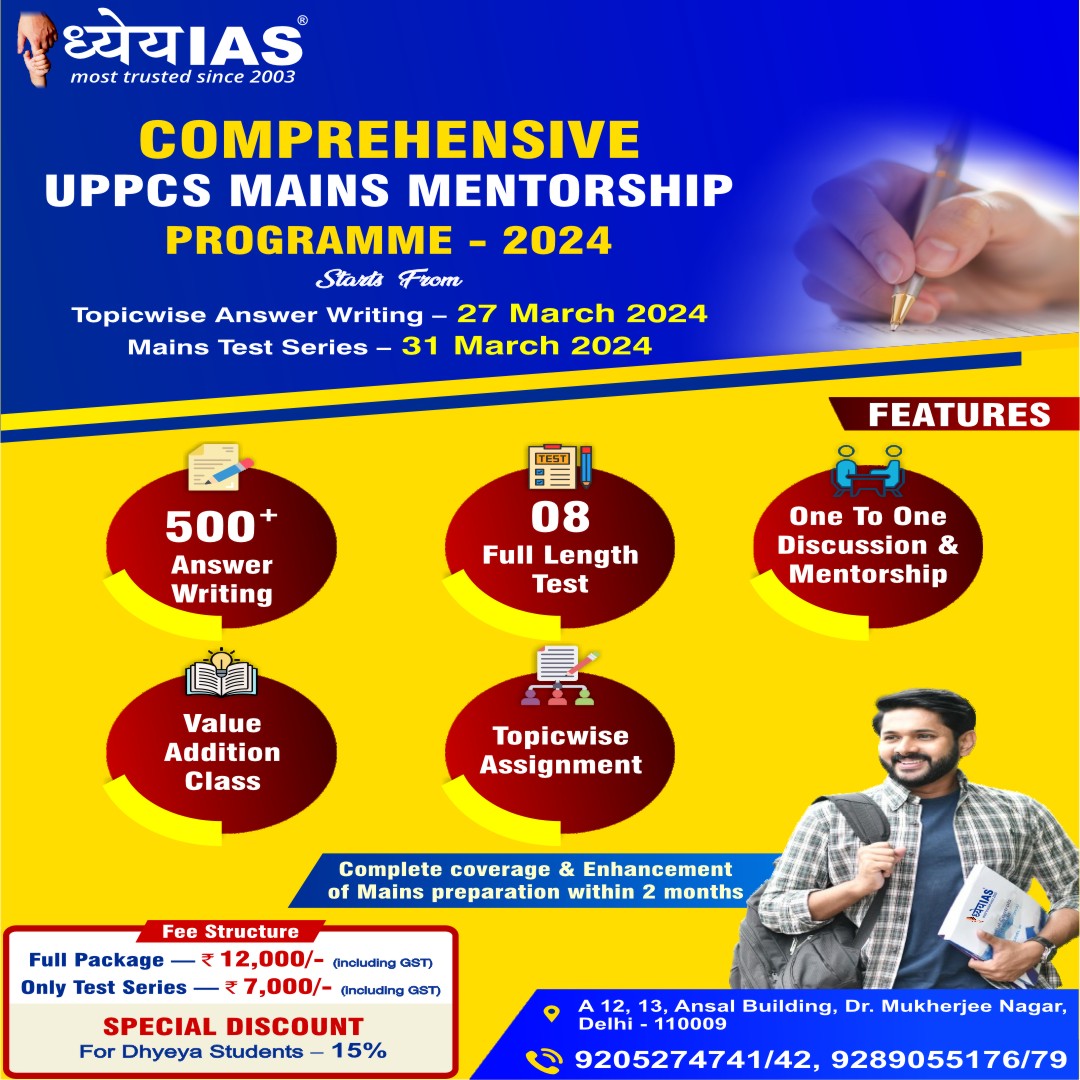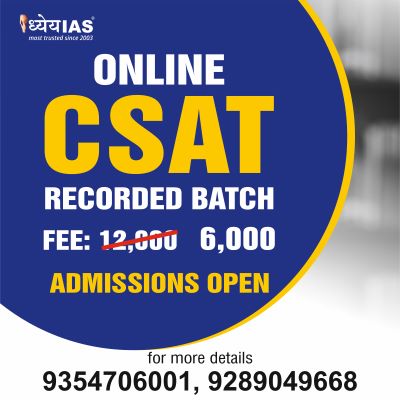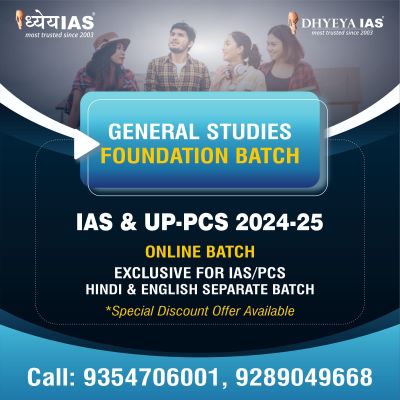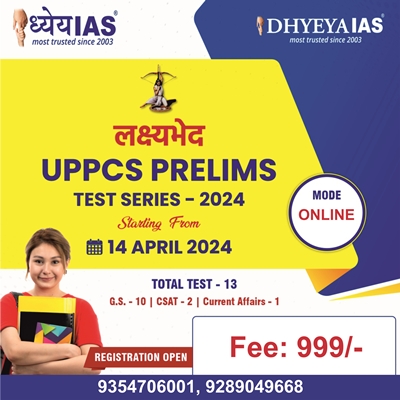(Daily News Scan - DNS English) 38th Meeting of GST Council
Recently, 38th meeting of GST Council has been held. In this meeting GST Council broke its tradition of taking decisions by consensus and first time voted on a proposal to tax all lotteries at the uniform rate of 28%.
In Today's DNS programme we take a look at GST Council and related aspects.
The landmark Goods and Services tax, launched on July 1, 2017, has completed approximately two and half years. It was introduced as the biggest tax reform and showcased as One Nation One Tax.
This GST is governed by a constitutional body namely GST Council. This Council was introduced as The Constitution (122nd Amendment) Bill, 2016 and after being passed by Parliament it became 101st Constitutional Amendment Act. As per Article 279A (1) of the amended Constitution, the GST Council has to be constituted by the President within 60 days of the commencement of Article 279A. GST Council is chaired by the Union Finance Minister and other members of this Council include Ministers in-charge of Finance or Taxation of all the States.
As per Article 279A(4), this body makes recommendations to the Union and state governments on issues related to Goods and Service Tax such as, a particular good or service will be subject or exempted from the ambit of GST.
For the meeting of GST Council quorum of One-half of the total numbers of the members is necessary. Every decision of the GST Council shall be taken at a meeting, by a majority of not less than three-fourths of the weighted votes of the members present and voting. The vote of the Union Government shall have a weightage of one third of the total votes cast, whereas the votes of all the State Governments taken together shall have a weightage of two-thirds of the total votes cast, in that meeting.
The GST Council also establishes a mechanism to adjudicate any dispute arising out of the recommendations of the Council or implementation thereof. The dispute may occur
- between the Union Government and one or more states; or
- between the Union Government and any state or states on one side and one or more other states on the other side; or
- between two or more states.
On top of the agenda of this 38th meeting was to explore ways and means to maximise revenue collection by checking tax evasion. The government has set a monthly GST collection target of 1.10 lakh crore rupees for the remaining four months of this fiscal year. The GST Council also rationalised tax rate on woven and non-woven bags to 18%.
Actually, there have been widespread concerns about the shortfall in tax revenue at a time of economic slowdown and lower consumption. In the first eight months of current financial year, only about 50% of GST collection targets and 60% of compensation cess collection targets have been achieved.
In this meeting, a presentation on revenue augmentation made by State and Central officials contained data and projections of revenue collection and compensation cess collection. But these participants did not make any suggestions to increase or cut rates. The Council ultimately decided the issue needed further study and discussion before any decision is taken.
Apart from that, after dismantling of the Planning Commission, the GST Council is the only federal body that brings together the Centre and the States to discuss fiscal matters.
Few experts are of the view that both Union and State finance ministers should have worked with consensus rather going through voting routes. It would have better reflected the concept of cooperative federalism.


